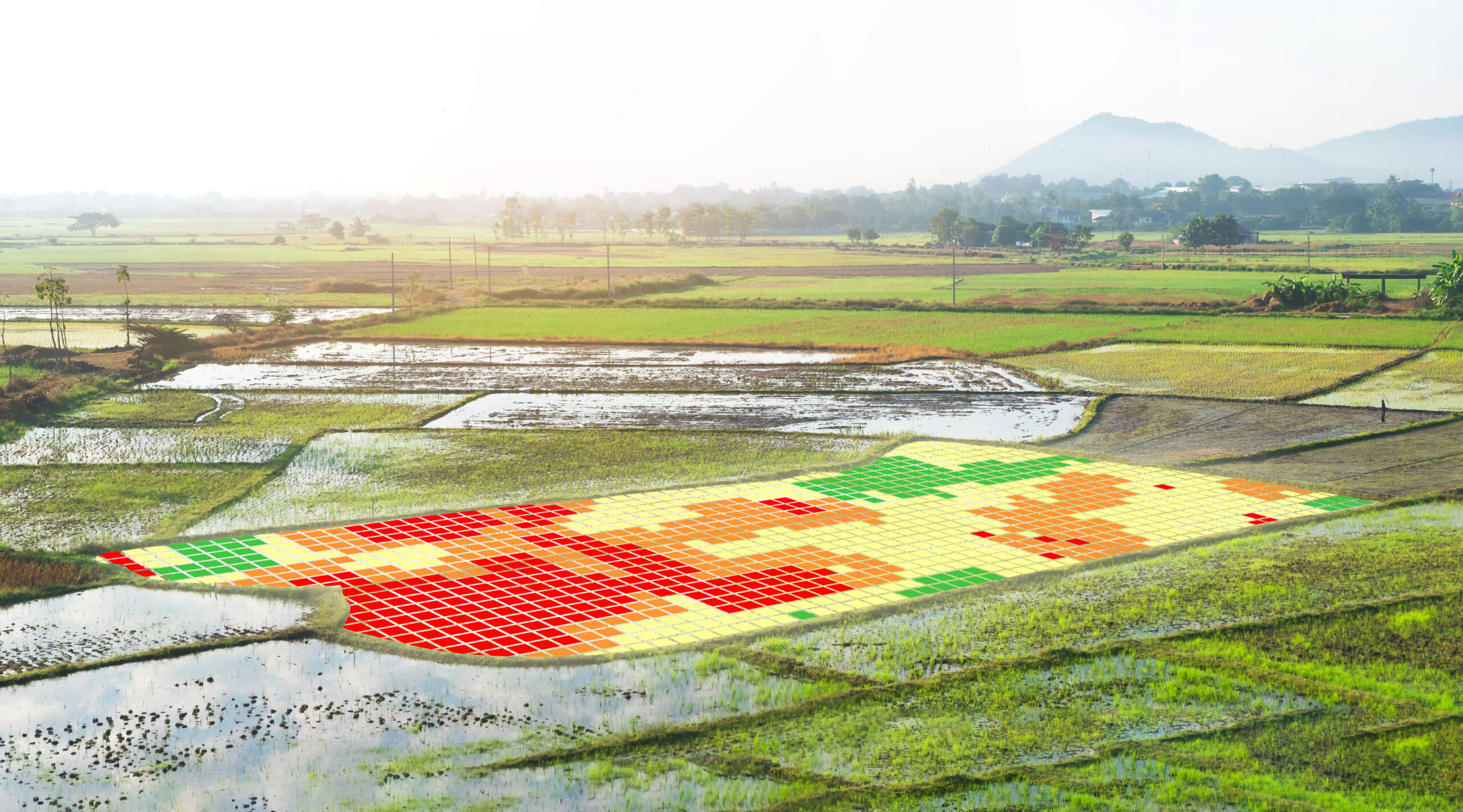Region: International
Is Capitalism to Blame?
Some people think we need to abolish capitalism to save the environment.
Bernie Sanders has a book called It’s OK to be Angry at Capitalism. There are certainly a lot of people across the political spectrum who feel that way. Capitalism is blamed for environmental destruction by many of the more radical segments of the Left. That’s not too surprising given the historic connection between the more …
Continue reading “Is Capitalism to Blame?”
CONTINUE READINGA Montana Victory for the Youth Climate Movement
Held v. Montana shows climate science can win in a courtroom. But one decision is just the beginning of a long legal fight.
A state court judge in the ‘Last Best Place’ just gave the youth climate movement a shot in the arm with the first decision of its kind that directly connects specific state actions to global climate change and then to injuries suffered by young people. It’s a decision worth reading, as U.S. courts have not …
Continue reading “A Montana Victory for the Youth Climate Movement”
CONTINUE READINGNot Just About the Climate
The benefits of the energy transition transcend climate.
The main reason to control carbon is to protect the climate. But cleaning up the energy system has plenty of other benefits. Those benefits will flow to people in rural areas as well as urban ones, to national security and international development, and to nature itself. To begin with, there are the health benefits of …
Continue reading “Not Just About the Climate”
CONTINUE READINGTechnology’s Role in Governing Sustainable Food Systems
Digitalization is altering how we understand the environment and act upon issues of sustainability.
This article is a summary of the third interview in a three-part interview series that explores how digitalization is reshaping environmental governance. I spoke with Sake Kruk who’s a Ph.D. researcher at the Environmental Policy Group at Wageningen University, Wageningen, Netherlands. His research examines how digital technologies are ushering in a new form of environmental …
Continue reading “Technology’s Role in Governing Sustainable Food Systems”
CONTINUE READINGThe Riddle of the Maldives
The Maldives is one of the nations most vulnerable to rising sea levels. So, why is climate change not a topic of discussion here?
It was the site for one of the most iconic climate policy photos. In the run-up to the Copenhagen climate negotiations in 2009, President Mohamed Nasheed held a cabinet meeting in scuba gear 20 feet underwater to show what awaited the low-lying island nation of the Maldives if serious action were not taken to reduce …
Continue reading “The Riddle of the Maldives”
CONTINUE READINGMeasuring Tropical Forests and Deforestation from Space
Remote sensing is one important tool in the toolbox of forest governance for monitoring, measuring, and reducing deforestation
In a world where a swipe on a smart phone enables navigation from one part of the globe to another, many technology companies, investors, environmental organizations, community groups, and policymakers are looking to remote sensing data and platforms to increase transparency, accuracy, speed of decision-making, and reduce costs of monitoring land-based activities at scale. Advancements …
Continue reading “Measuring Tropical Forests and Deforestation from Space”
CONTINUE READINGThe Farm Is Not An Algorithm
The inaccuracies of precision agriculture carry socio-environmental risks and produce inequalities.
This article provides an overview of the second interview in a three-part interview series that explores how digitalization is reshaping environmental governance. I spoke with Oane Visser, an Associate Professor in Agrarian Studies at the International Institute of Social Studies. Visser earned his Ph.D. in anthropology from Radboud University, Nijmegen, in the Netherlands. His research …
Continue reading “The Farm Is Not An Algorithm”
CONTINUE READINGAccelerating Freight Decarbonization
A Guide to Zero-Emission Zones in Cities
The Transport Decarbonisation Alliance (TDA) is a collaboration among countries, cities, regions and companies with the goal of accelerating the global transformation of the transport sector towards a net-zero emission mobility system by 2050. CLEE is actively supporting California Air Resources Board (CARB) with its TDA presidency through research and strategic coordination. Together with various …
Continue reading “Accelerating Freight Decarbonization”
CONTINUE READINGDigitalization and Predictive Policing in Conservation
Does technology shift focus toward “green policing” and away from integrated conservation and development?
Digitalization is reshaping environmental governance in profound ways. As environmental degradation and climate change intensify, society increasingly turns to digital technologies to live more sustainably and protect biodiversity and other natural resources, such as land, water, and energy. Digital tools are transforming who is involved in environmental decision-making, how environmental problems are understood and assessed, …
Continue reading “Digitalization and Predictive Policing in Conservation”
CONTINUE READINGDefault and the Environment
What are the environmental impacts of Uncle Sam’s failure to pay his debts on time?
A journalist asked me how a default might impact environmental law. As I thought about it, I realized that the answers were, “In one way, very little,” and “In another way, potentially a disaster.” The effects might not amount to much. Or we could be talking about multigenerational climate impacts. There’s a lot of uncertainty …
Continue reading “Default and the Environment”
CONTINUE READING













